Tributes have poured in for Prof Hawking since the announcement of his death. He died peacefully at his home in Cambridge in the early hours of Wednesday, his family said.
The British scientist was famed for his work with black holes and relativity, and wrote several popular science books including A Brief History of Time.
At the age of 22 Prof Hawking was given only a few years to live after being diagnosed with a rare form of motor neurone disease.
Prof Lord Martin Rees, the Astronomer Royal, who was at university with Prof Hawking when he was diagnosed, said his friend had "amazing willpower and determination".
"Even mere survival would have been a medical marvel, but of course he didn't just survive," he said. "He became one of the most famous scientists in the world."
Prime Minister Theresa May called him a "brilliant and extraordinary mind" and "one of the great scientists of his generation".
She added: "His courage, humour and determination to get the most from life was an inspiration.
"His legacy will not be forgotten."
Tim Berners-Lee, inventor of the web, was one of the first people to pay tribute to Prof Hawking.
"We have lost a colossal mind and a wonderful spirit. Rest in peace, Stephen Hawking," he said.
The vice chancellor of the University of Cambridge - where Prof Hawking had studied and worked - Professor Stephen Toope, said he was a "unique individual" who would be remembered with "warmth and affection".
He added: "His exceptional contributions to scientific knowledge and the popularisation of science and mathematics have left an indelible legacy. His character was an inspiration to millions."

Prof James Hartle, who worked with him to create the Hartle-Hawking wavefunction to explain the Big Bang, said Prof Hawking had a "unique" ability to "see through all the clutter in physics" and get to the point.
He told BBC Radio Four's Today programme: "My memory of him would be… first our work together as scientists and, second, as a human being whose whole story is a triumph over adversity [and] who inspired a lot of people, including me."


Prof Brian Cox, science presenter and professor of physics at the University of Manchester, described him as "one of the greats".
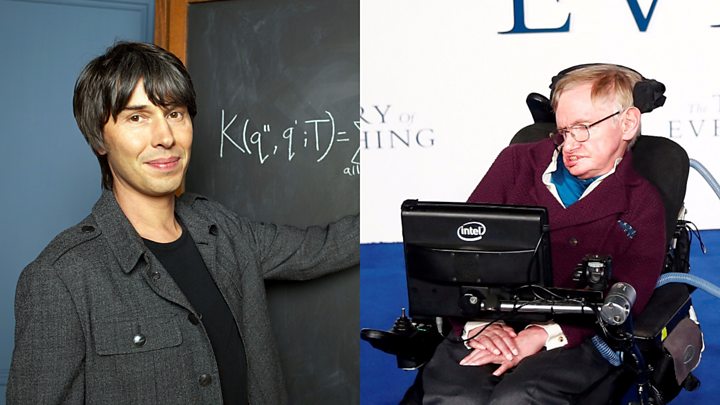
Professor Brian Cox on the legacy and wonder of Hawking's work
The comedian and presenter of the BBC's Stargazing Live Dara O'Briain said the scientist had an "immeasurable life" and "one of the few people I would call a hero of mine".
He added: "His work elevated us to the extra-ordinary; his life pushed down a terrible, limiting disease so that he could enjoy the full joy of the ordinary. In both, he was a triumph of what we, as humans, can achieve."

British astronaut Tim Peake said Prof Hawking "inspired generations to look beyond our own blue planet and expand our understanding of the universe".
He added: "His personality and genius will be sorely missed. My thoughts are with his family."

Apple's co-founder Steve Wozniak said: "Stephen Hawking's integrity and scientific dedication placed him above pure brilliance,"
Satya Nadella, Microsoft chief executive, said: "We lost a great one today. Stephen Hawking will be remembered for his incredible contributions to science - making complex theories and concepts more accessible to the masses.
"He'll also be remembered for his spirit and unbounded pursuit to gain a complete understanding of the universe, despite the obstacles he faced."
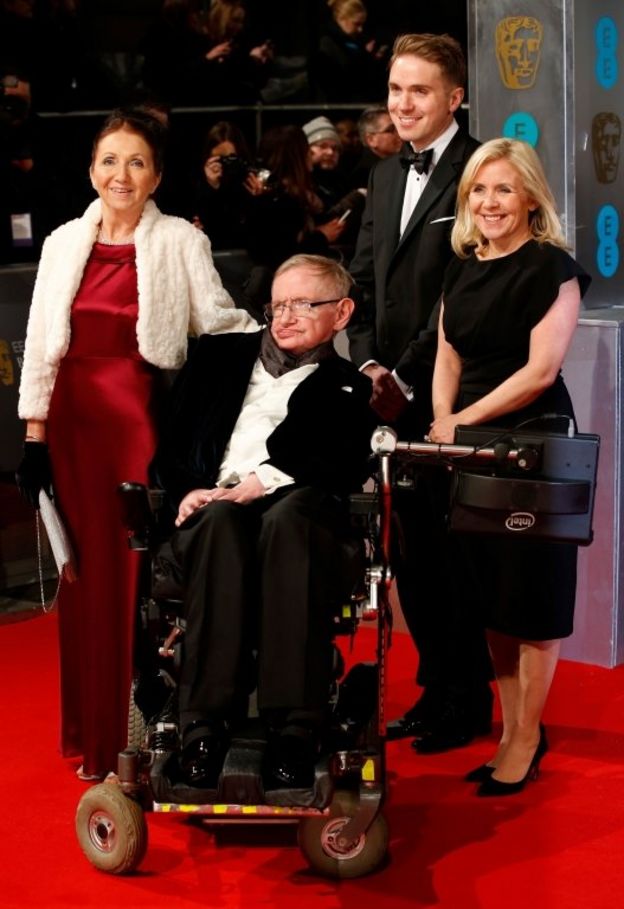 AFP/GETTY IMAGES
AFP/GETTY IMAGES
In his 2013 memoir he described how he felt when first diagnosed with motor neurone disease.
"I felt it was very unfair - why should this happen to me," he wrote.
"At the time, I thought my life was over and that I would never realise the potential I felt I had. But now, 50 years later, I can be quietly satisfied with my life."
Speaking to the BBC in 2002, his mother, Isobelle, described him as a "very normal young man".
She said: "He liked parties. He liked pretty girls - only pretty ones. He liked adventure and he did, to some extent, like work."



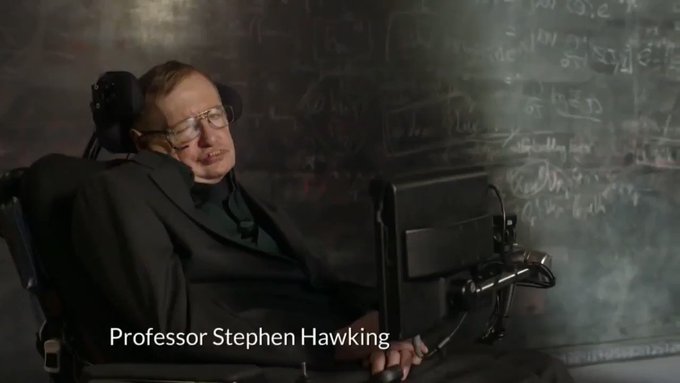
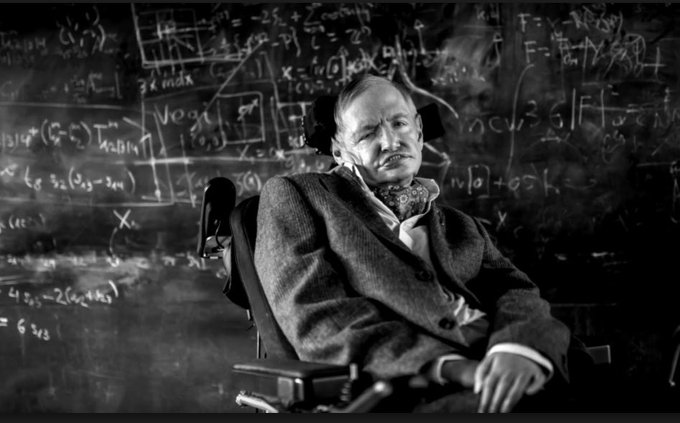
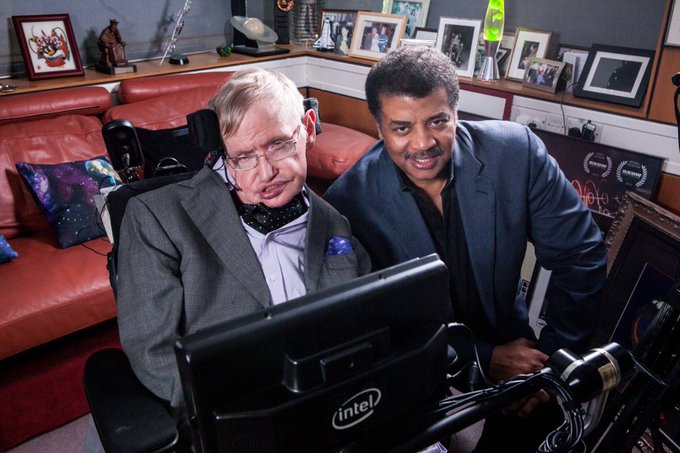
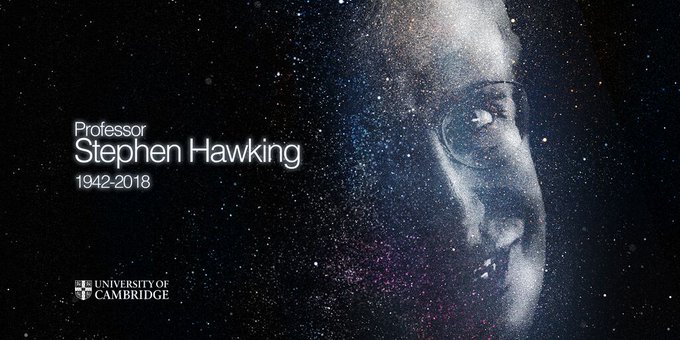




No comments:
Post a Comment